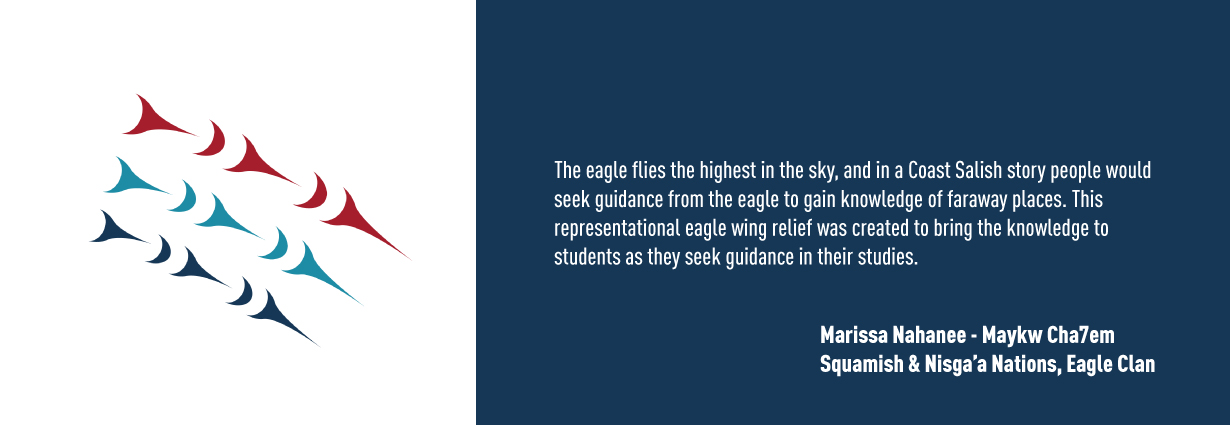
Contact Ashley Edwards, Indigenous Initiatives and Instruction Librarian, with any questions.
These resources have been gathered to offer support and guidance for department administration and staff who may be assisting faculty and instructors in Indigenizing and decolonizing work.
Books
Articles, theses
Aligning Universities' Recruitment of Indigenous Academics with the Tools Used to Evaluate Scholarly Performance and Grant Tenure and Promotion. Dustin Louie. (2019). Canadian Journal of Education, 42(3), 791-815.
In quest of Indigeneity, quality, and credibility in Aboriginal Post-Secondary Education in Canada: Problematic, contexts, and potential ways forward, Jerald Paquette and Gerald Fallon (2014). Canadian Journal of Educational Administration and Policy, 165, [1]-35.
Indian Control of Indian Education: Reflections and Envisioning the Next 40 Years. Michelle Pidgeon, Marissa Muñoz, Verna J Kirkness, & Jo-ann Archibald. (2013). Canadian Journal of Native Education, 36(1).
The Indigenization of student affairs and services in Canadian higher education. Logan Lorenz (2021). MA thesis.
Kiskinawacihcikana : Aboriginal women faculty experiences in the academy. Shauneen Pete-Willett (2001). PhD disseration.
Toward Being Inclusive: Intentionally Weaving Online Learning, Reconciliation, and Intercultural Development. Williams, H. (2019). New Directions for Teaching and Learning,157, 59–76.
Online resources
Positionality statement and land acknowledgement workshop
The Decolonizing the Library Interest Group and Dr. Alix Shield developed a workshop providing information and activities to examine positionality and how it impacts our understanding and relation of where we live.
Pulling Together: A guide for Indigenization of post-secondary institutions
A series of open access guides, "authored by teams of Indigenous and ally writers from across B.C." intended to "support[ing] the systemic change happening across post-secondary institutions with decolonization, reconciliation, and Indigenization."
Community resource handbook: A guide to community-engaged research
"Community-engaged research (CER) places academic and community partnership at the heart of research work. Bringing together these partnerships—which include different sets of priorities, experiences and skills—is not a straightforward or quick process. It takes time to build equitable and reciprocal relationships. By allowing communities to co-create knowledge, community-engaged research can build capacity for imagination, and enhance the capacity of communities to advocate for their own well-being."
Indigenizing post-secondary education, Conestoga College, 2017. YouTube, 16:32 minutes.
"When our school system is based on one, largely Euro-centric style of teaching, no Canadian sees the full picture and a true education is not attained. Learning the about Indigenous history and contemporary issues, as well as integrating Indigenous teaching methods into all schools is how we begin to move forward and heal."
100 Ways: Indigenizing and decolonizing Academic Programs, Shauneen Pete, 2016
"The following list of ways to indigenize and decolonize your academic programs is not meant to be prescriptive. This list provides suggestions to help deans and faculty begin to commit to greater levels of Indigenization in their program planning and delivery."
Decolonizing the University, Spring 2019 issue of Academic Matters
Check out their topic search "Truth and Reconciliation and decolonization" for more.
Towards Braiding, Elwood Jimmy and Vanessa Andreotti (2019)
This document is the result of ongoing collaboration between the authors during their work at the Musagetes Arts Foundation. From the text: "If you find yourself in a position to “include” Indigenous peoples and perspectives in your organization, or to begin a process of Indigenization or decolonization, then there are many practical, ethical, and educational dimensions and implications to consider before and while doing so." (p. 41).













